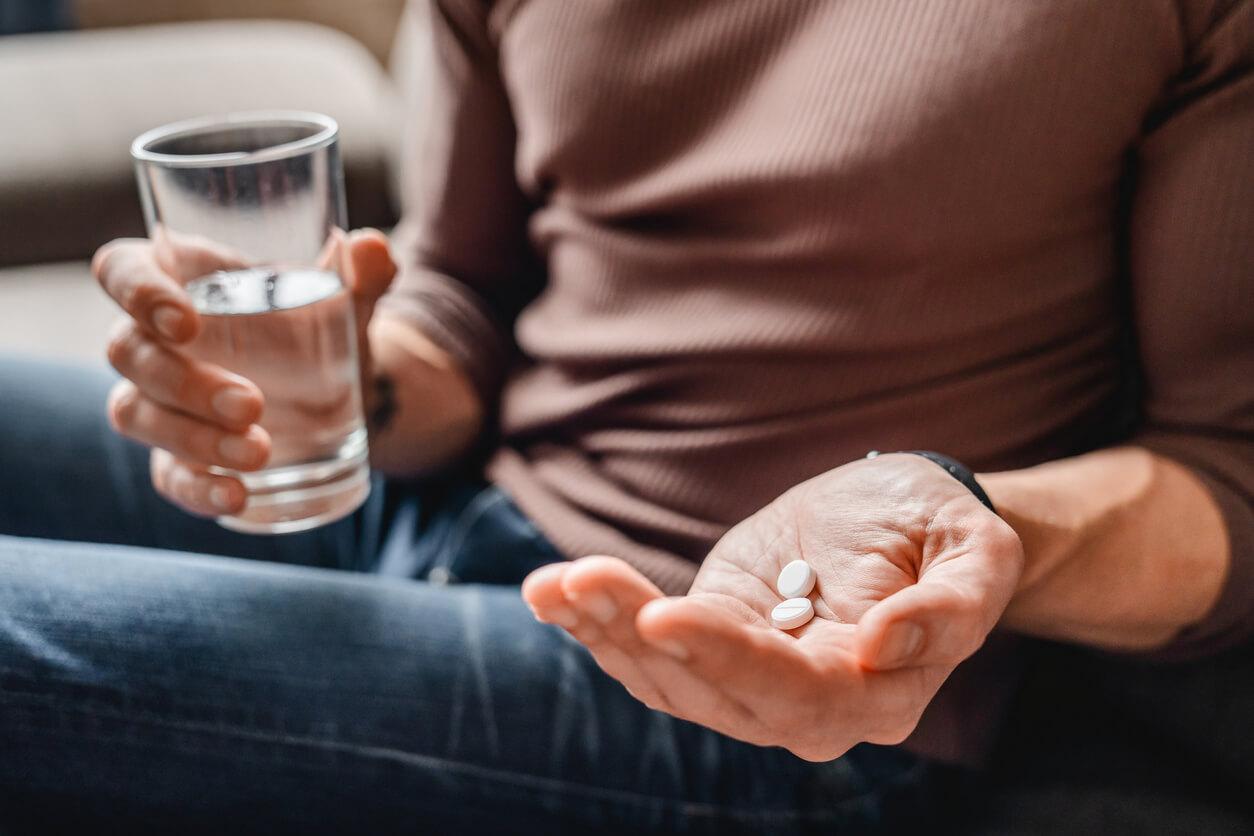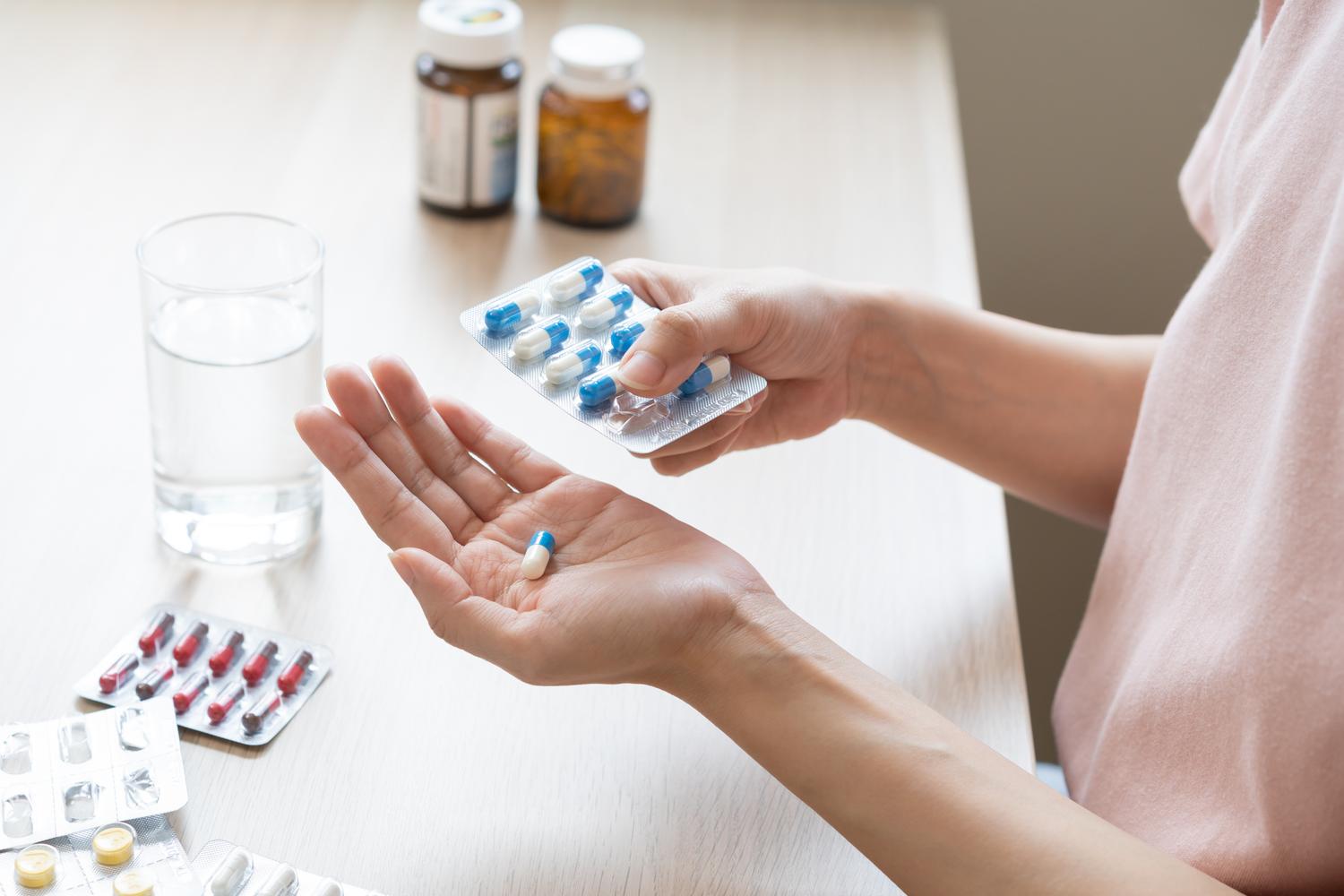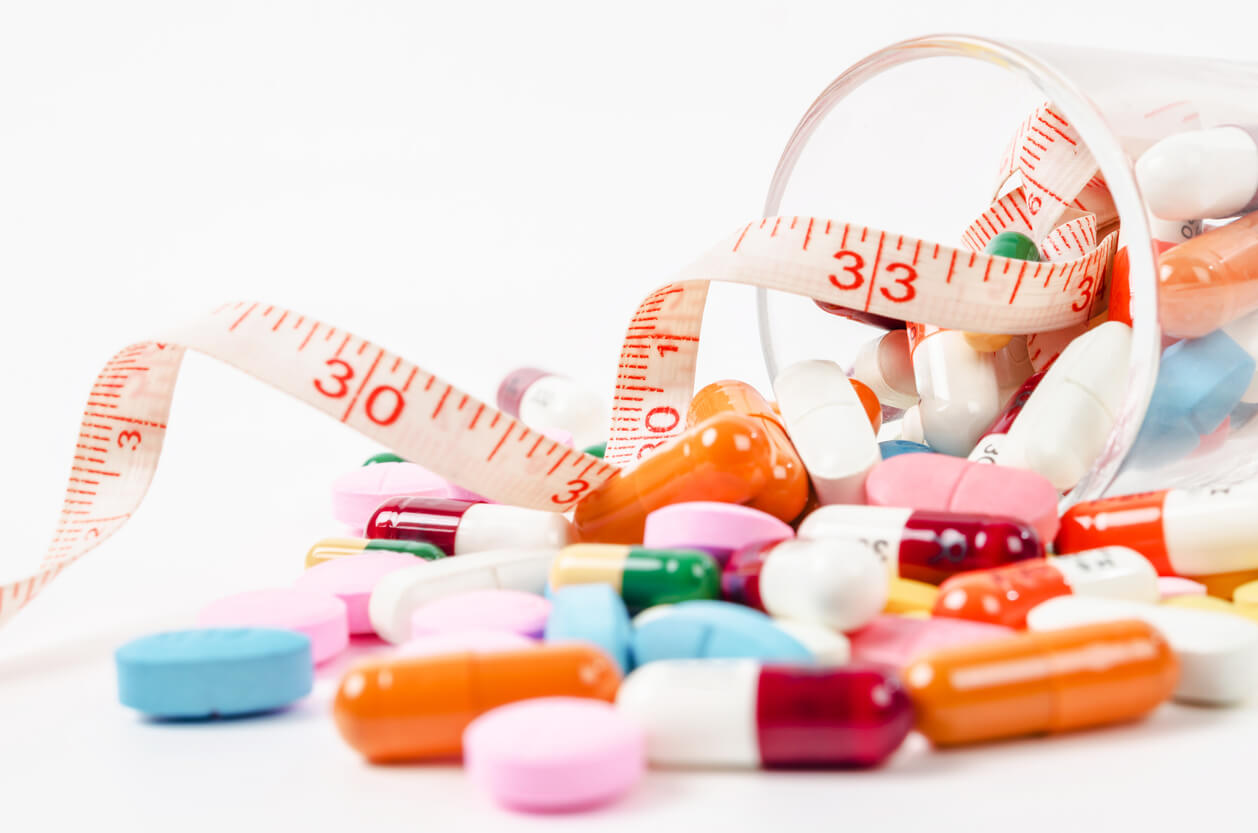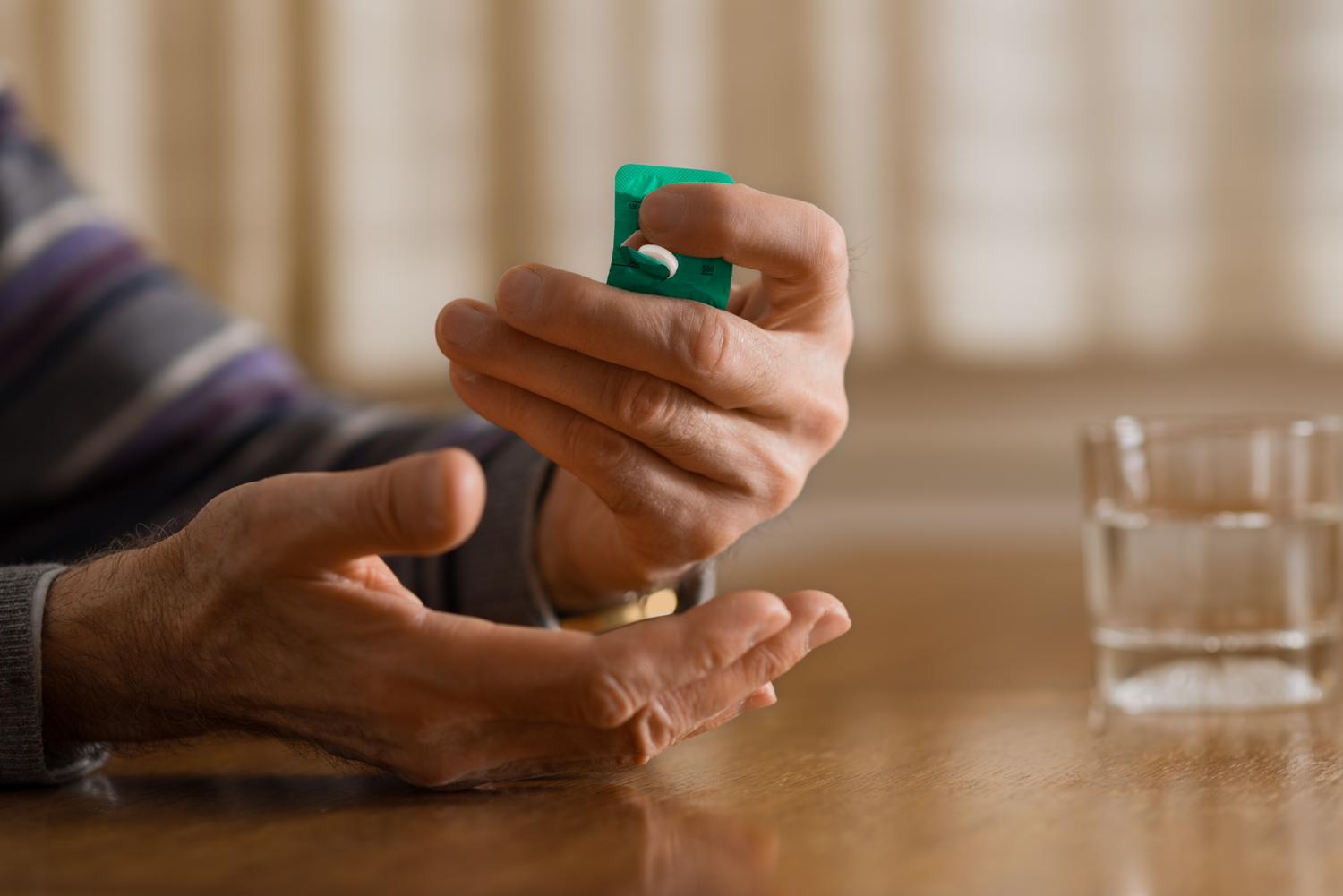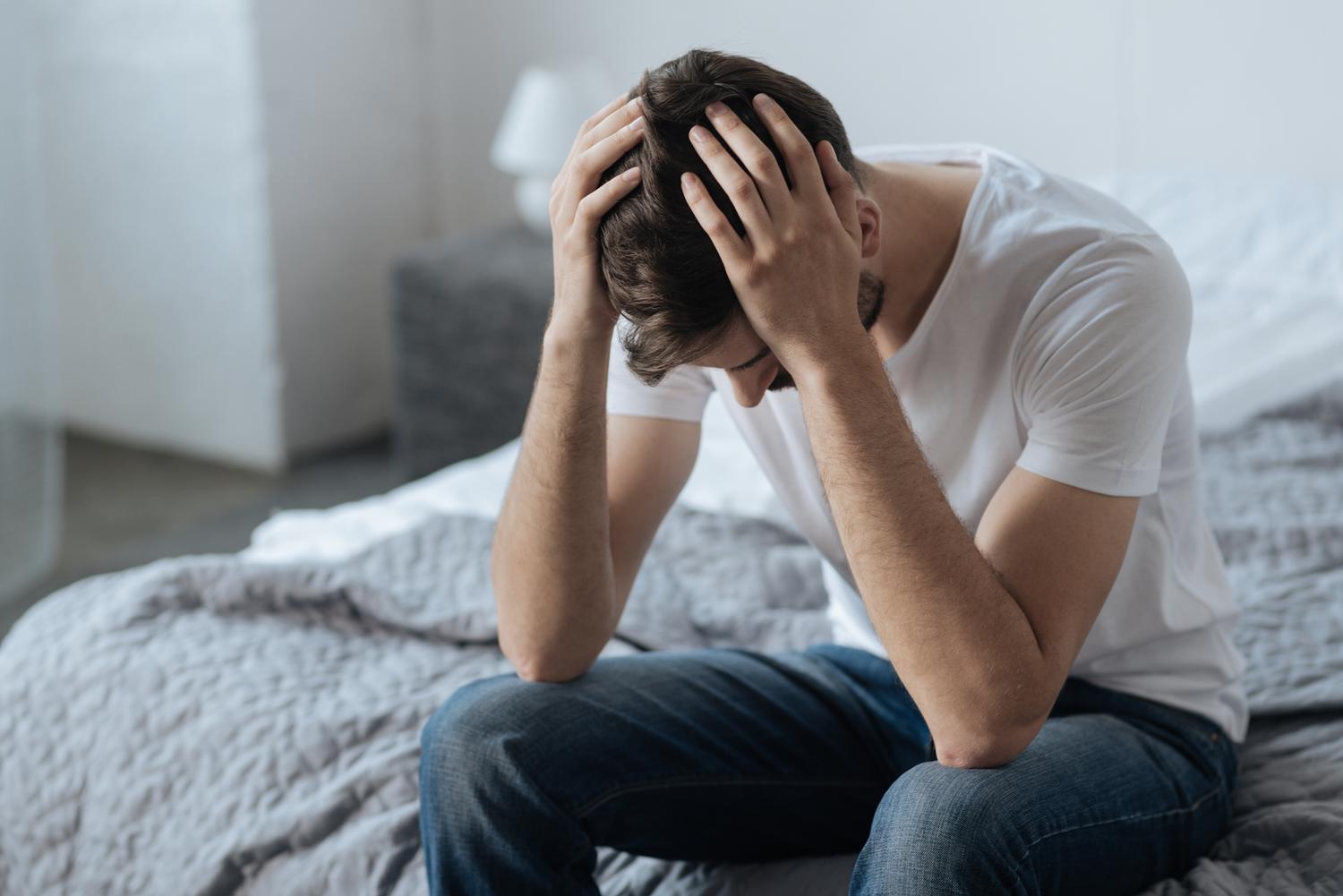Antidepressant Medications: Types, Uses & Side Effects
A guide to antidepressant medications
Antidepressants are prescription medications used by healthcare providers to treat mental health conditions. There are several types of antidepressant medications. This article will detail the types of antidepressants. It will explain how they work and what to expect when taking them.
What are antidepressants?
Healthcare providers use antidepressants to treat major depressive disorder. This disorder is also known as depression. The word “antidepressant” is an umbrella term used to group together several different types of drugs, all used for the same thing.
In general, these drugs work by acting on neurotransmitters in the brain. Different classes of antidepressant medications work on the brain in different ways.
Antidepressants are usually supplied as oral capsules or tablets (pills). Some may be supplied as a liquid for pediatric patients or patients who cannot swallow pills. Antidepressants alone don't cure major depression. But, doctors frequently prescribe them with therapy and other lifestyle changes.
Studies show that cognitive behavioral therapy (CBT) and antidepressant medication have comparable short-term effects. Combining these two treatment options (therapy and medication) produces significantly better results than either option alone.
What are antidepressants used for?
Healthcare providers prescribe antidepressants as one treatment option for major depressive disorder. They may also be used for chronic pain and other mental health conditions such as anxiety.
Depression is also known as major depressive disorder. It affects how you think, behave, and feel. Untreated depression can lead to a range of emotional and physical issues. Other mental conditions, such as anxiety disorder and bipolar disorder, can cause depression. Symptoms of depression can make it difficult to carry out day-to-day tasks and maintain personal relationships.
The symptoms of depression may vary from person to person. They may appear mild in some, while they can be debilitating in others.
Common symptoms of depression include:
- Feelings of sadness, hopelessness, or loneliness
- Outbursts of anger
- Loss of interest or pleasure in activities
- Sexual problems/ sexual dysfunction
- Sleep problems
- Slowed speech
- Tiredness or lack of energy
- Reduced appetite or weight loss
- Weight gain
- Impaired thinking
- Restlessness and anxiety
- Suicidal thoughts
Healthcare providers frequently prescribe antidepressants along with other forms of therapy.
What are the different types of antidepressants, and how do they work?
Antidepressants are a family of drugs used to treat depression.
The main drug classes of FDA-approved antidepressants are:
- Selective Serotonin Reuptake Inhibitors (SSRIs): Serotonin is a natural neurotransmitter produced in the brain that regulates mood. Neurotransmitters send signals between your brain and neurons in the body. Once a signal has been sent, serotonin is absorbed by the brain. SSRI medication blocks the brain's reabsorption (or reuptake) of serotonin. This allows it to stay active in the brain longer, reducing depression symptoms.
Doctors often prescribe SSRIs for depression. They work well and have fewer side effects than other antidepressants.
SSRIs include:
- Citalopram (Celexa)
- Escitalopram (Lexapro)
- Fluoxetine (Prozac)
- Sertraline (Zoloft)
- Paroxetine (Paxil)
- Selective norepinephrine reuptake inhibitor (SNRI): SNRIs block the reabsorption of serotonin and norepinephrine in brain cells. Norepinephrine helps regulate mood. By blocking its absorption, SNRIs help control brain function and behavior and reduce depression symptoms.
SNRIs affect norepinephrine, while SSRIs do not.
SNRIs include:
- Desvenlafaxine (Pristiq)
- Duloxetine DR (Cymbalta)
- Venlafaxine (Effexor)
- Venlafaxine ER (Effexor ER)
- Tricyclic Antidepressants (TCAs): Tricyclic antidepressants work by boosting serotonin levels in your brain. These drugs were among the earliest antidepressants developed.
TCAs include:
- Amitriptyline (Endep)
- Nortriptyline (Pamelor)
- Clomipramine (Anafranil)
- Doxepin (Silenor)
- Desipramine
- Imipramine
- Monoamine Oxidase Inhibitors (MAOIs): MAOIs were the first class of antidepressants developed. They block the action of monoamine oxidase in the nervous system. Monoamine oxidase breaks down serotonin. By blocking monoamine oxidase, MAOIs keep mood-regulating neurotransmitters in the brain longer.
MAOIs can cause serious side effects and can have life-threatening interactions with other drugs and foods. Doctors only prescribe MAOI drugs when other drugs have failed.
MAOIs include:
- Selegline (Emsam)
- Phenelzine (Nardil)
- Isocarboxazid (Marplan)
- Tranylcypromine
- Atypical antidepressants: Atypical antidepressants cannot be classified in the groups above.
Atypical antidepressants include:
- Bupropion SR (Wellbutrin SR)
- Bupropion XL (Wellbutrin XL)
- Trazadone (Desyrel)
- Mirtazapine (Remeron)
What are the common side effects of antidepressants?
Antidepressants may cause varying side effects, depending on the medication and patient. Some patients may experience no adverse reactions at all.
Possible side effects caused by antidepressant use include:
- Weight gain
- Sexual dysfunction
- Nausea
- Vomiting
- Diarrhea
- Constipation
- Drowsiness
- Dry mouth
- Blurred vision
SSRIs and SNRIs have been shown to cause serotonin syndrome on rare occasions. Serotonin syndrome is a serious medical condition. It is caused by too much serotonin in the body. Common symptoms include of serotonin syndrome include:
- Restlessness
- Agitation
- A rapid heart rate
- Heavy sweating
- Twitching muscles
If you begin to experience these early signs of serotonin syndrome, get medical help right away.
If you experience the signs of an allergic reaction, seek medical attention. Symptoms of an allergic reaction to antidepressants include:
- Skin rash
- Hives
- Swelling
- Difficulty breathing
- Hoarseness
Antidepressants have been linked to suicidal thoughts, especially in young people. This reaction usually happens at the beginning of treatment. If you or someone you know starts to have thoughts of self-harm, get medical help right away. You can also use the 9-8-8 for the Suicide & Crisis Lifeline.
Before starting treatment with any antidepressant, talk to your healthcare provider. Tell them about any drugs or supplements you take. Antidepressants can cause harmful drug interactions. This can happen when they are used with other drugs or supplements (like St. John’s wort). You should also tell your provider if you are pregnant, planning to become pregnant, or are breastfeeding. Do this before starting treatment.
How do I get antidepressants?
You need a prescription from a licensed healthcare provider to get antidepressant medication. There are no FDA-approved antidepressants available over the counter.
How can Sesame help?
If you or a loved one are experiencing the symptoms of depression, book an online mental health visit with a licensed mental healthcare provider on Sesame. Providers on Sesame can offer treatment options and, when appropriate, prescribe antidepressants. They can also answer any questions or concerns.

